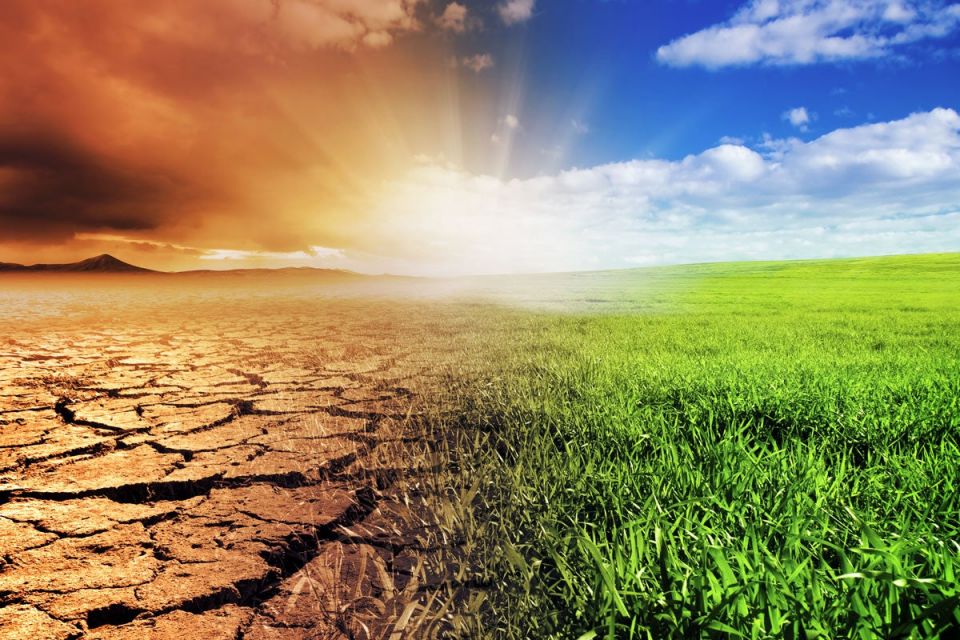Numerous public opinion polls show that Americans believe climate change is a major problem that needs to be dealt with.

Stanford sociologist Doug McAdam examined the lack of effective grassroots climate change activism in the United States. (Image credit: Ben Goode / Getty Images)
Yet, despite these beliefs, an effective, sustained grassroots movement to influence climate change policy has not developed in the United States.
Why?
Stanford sociology Professor Doug McAdam tackles this puzzle in a recent article appearing in the Annual Review of Political Science. He argues, among other things, that while there is significant support from Americans for action on climate change, the issue is still not seen as an immediate threat by many. Therefore, it does not elicit the powerful responses necessary for Americans to mobilize.
What are the major factors behind a relative lack of grassroots activism regarding climate change in the United States?
There are a host of factors that help to account for the relative lack of grassroots activism on climate change, notably, 1) the relentless denial of the reality of climate change by anti-climate change forces; 2) increasing gridlock in Congress, making bipartisan action on any issue difficult; 3) the lack of “ownership” of the issue by any significant segment of the American public, in contrast to issues such as police violence against African Americans or sexual assaults against women, or the threat of deportation against Hispanics; and 4) the mistaken extended “time horizon” associated with the issue, which reassures many that the impact of climate change is still off in the nebulous future.
What do you mean when you say that no particular population segment “owns” the issue of climate change?
The issue of police violence against African Americans is “owned” by the African American community. That is, the great majority of African Americans identify with and are deeply concerned about the issue. The same is true for the threat of deportation among most Hispanic Americans. In short, grassroots action on a given issue is much more likely if a specific population segment identifies with and is committed to action on the issue. No clear segment of the U.S. population currently “owns” the climate change issue.
There are more than 400 formal climate change organizations in the U.S. Have they made a measurable impact and how are they different from grassroots organizations?
These organizations are different in that they generally eschew forms of non-institutionalized, or otherwise disruptive, action in favor of the more conventional tactics of lobbying and public education. But relative to the far more numerous – and much better-funded – climate change denier organizations, the top-down climate change organizations have had virtually no impact on environmental policy at the federal level.
Could the U.S. pulling out of the Paris climate agreement be the event that mobilizes a grassroots movement?
As unthinkable as President Trump’s decision to withdraw from the Paris agreement is, it presents a clear opportunity for climate change and other environmental groups to mobilize around the threat to the planet posed by his actions. This would also allow those groups to appropriate all the generalized opposition and anger at Trump on behalf of the climate change issue.
Media Contacts
Doug McAdam, Department of Sociology: mcadam@stanford.edu
Milenko Martinovich, Stanford News Service: (650) 725-9281, mmartino@stanford.edu